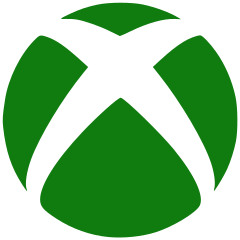

I mostly switched for the interface, it feels far more modern and easy to navigate compared to Cura and Prusa (while retaining all but the most bleeding edge features from each). Still not perfect, but I’ve found it to be leagues better at managing and swapping between multiple printers/ nozzles/ materials. It has native calibration tools for everything from temperature towers to flow rates and pressure advance. Plus it plays very nicely with Klipper. I haven’t used it a bunch on account of not being wholly set up for it, but multi color printing is also super easy. It’s kind of dumb, but I appreciate that updates actually update the app instead on installing a new instance (that I’ll have to go uninstall later, looking at you Cura) so that my “send to print utility” button in Fusions always just works. Updates also seem more substantial with meaningful features (things like scarf joints to hide layer lines come to mind), you can very much feel the love that community has poured into it. It’s open source software in all the best ways possible.
I was pretty sold after Teaching Tech’s video last year, but a number of other channels (Lost in Tech comes to mind as well) have also done Orca slicer videos if you’re looking for reasons to give it a try.







Treasure planet! Or Atlantis